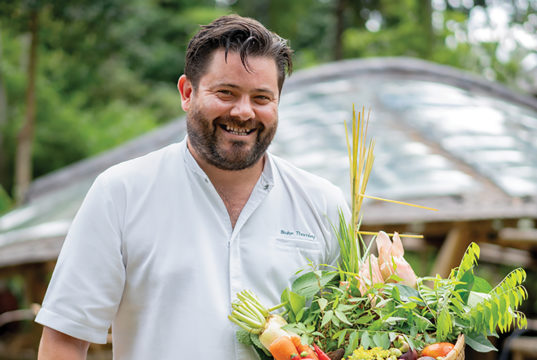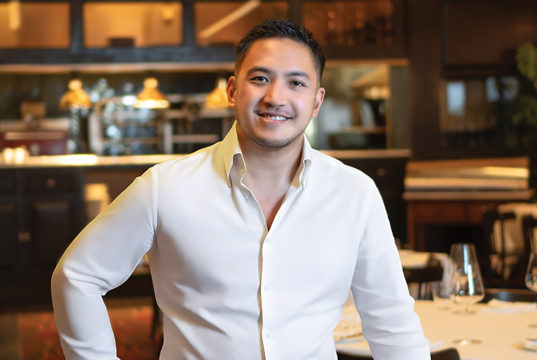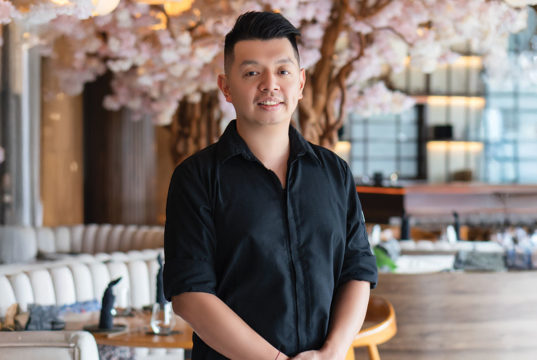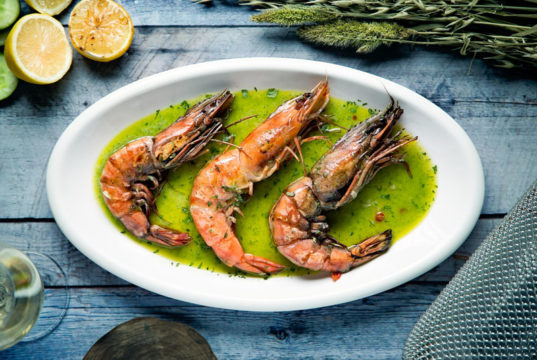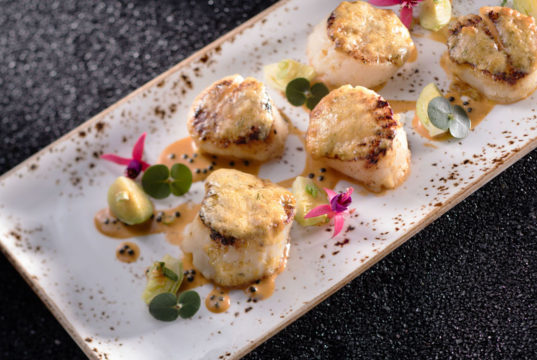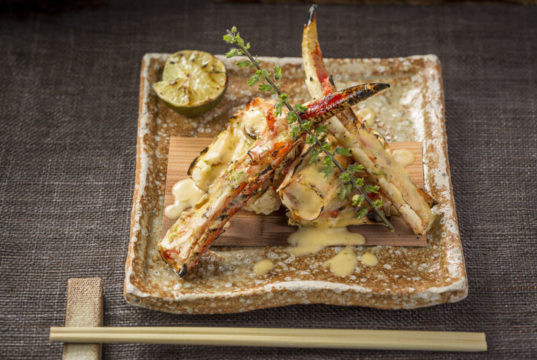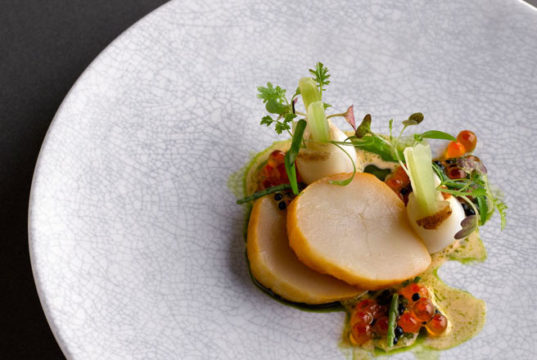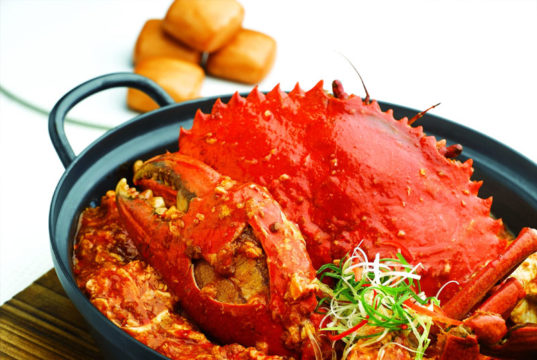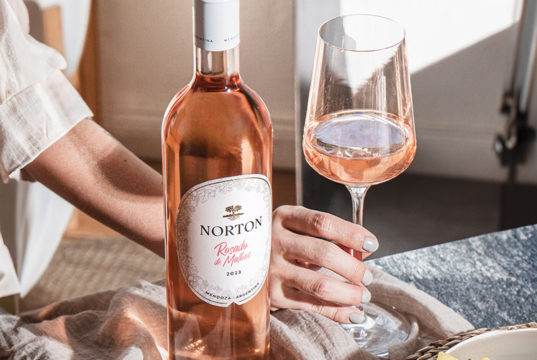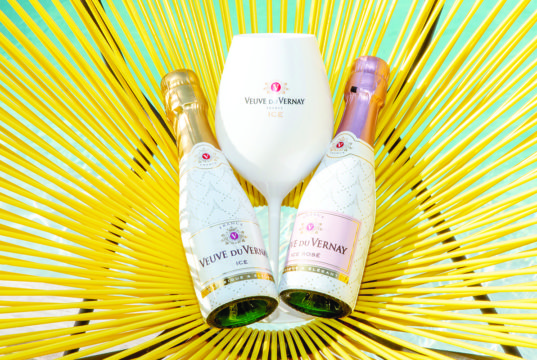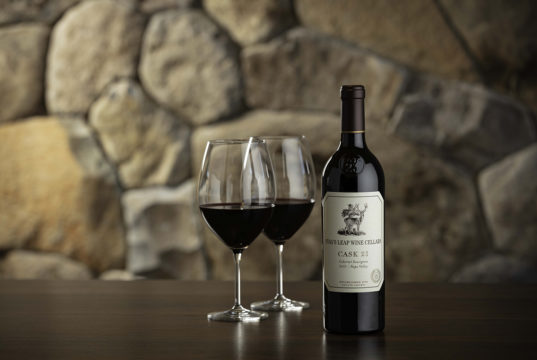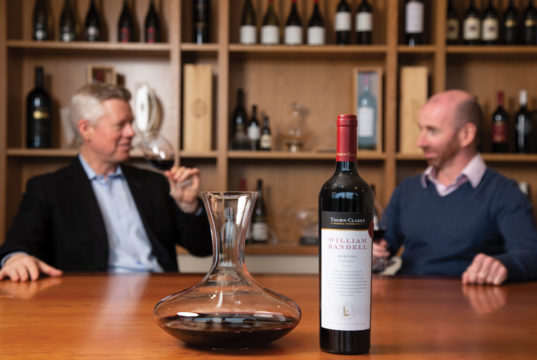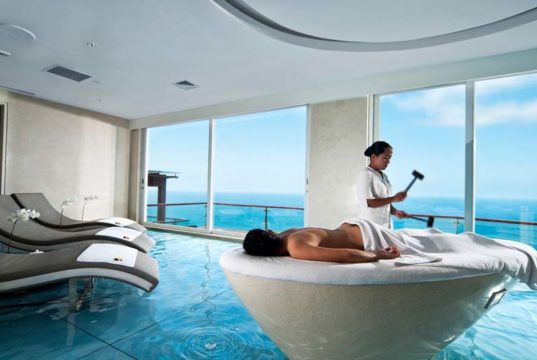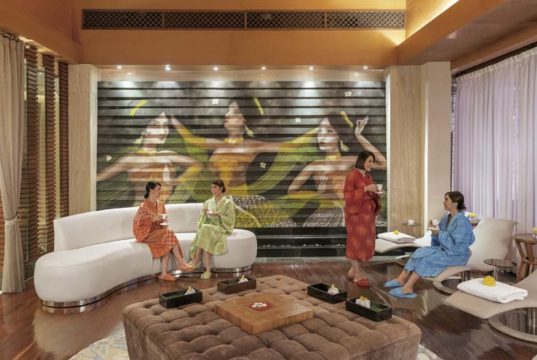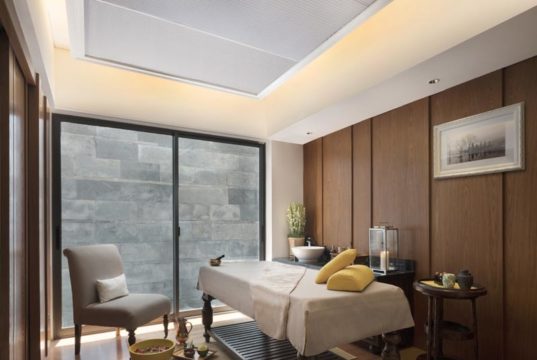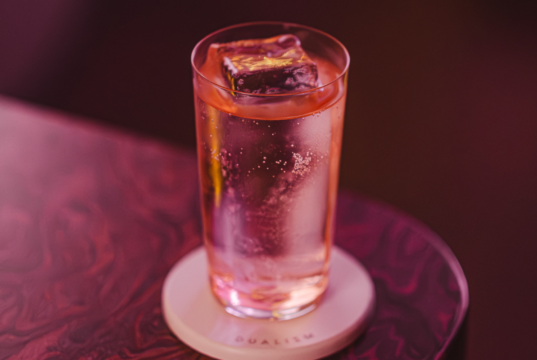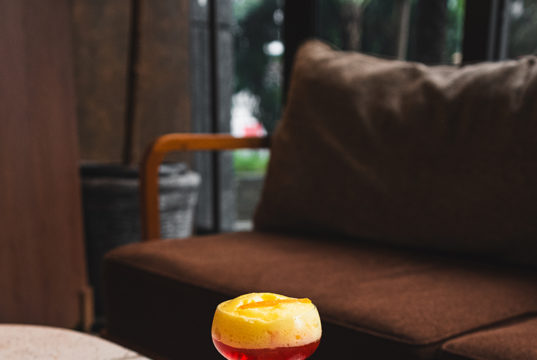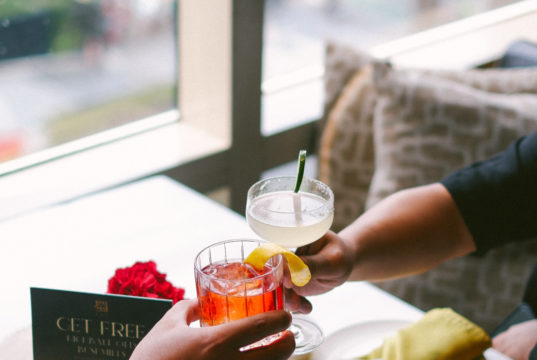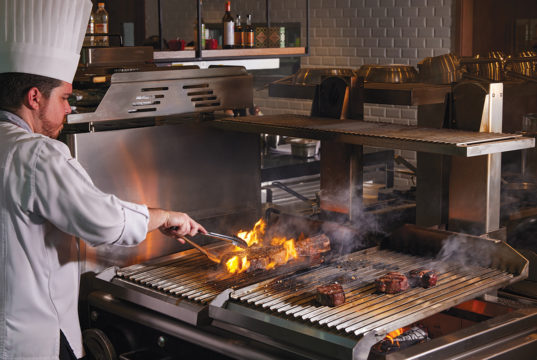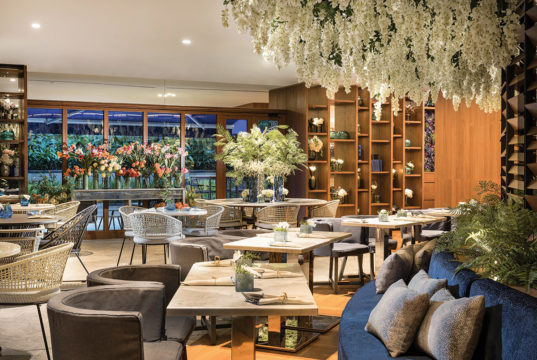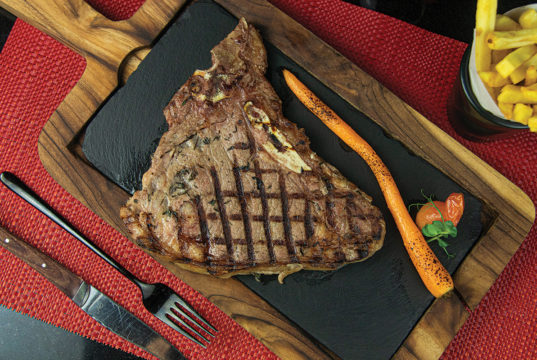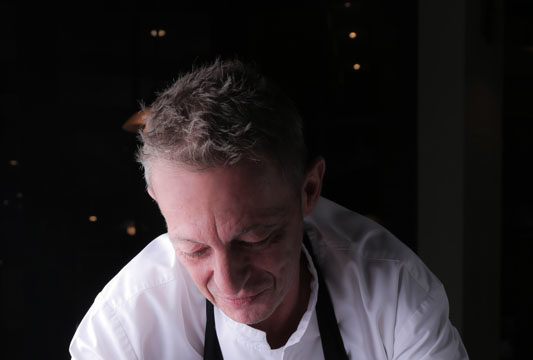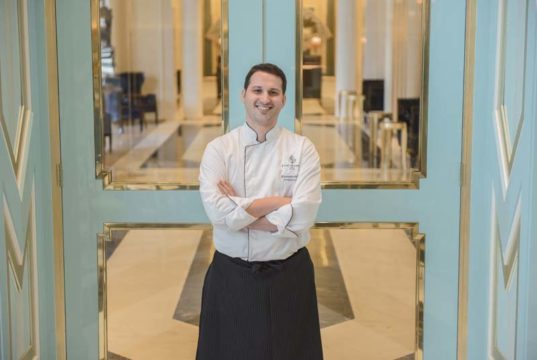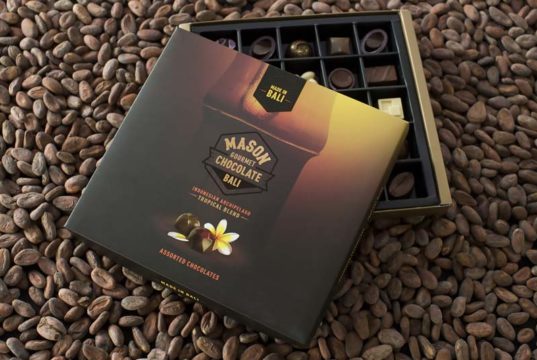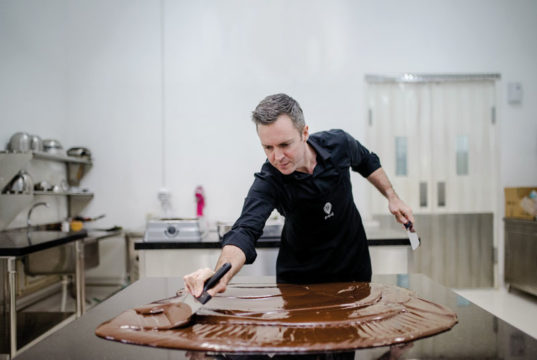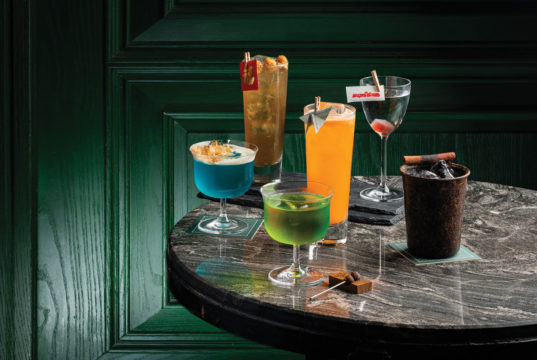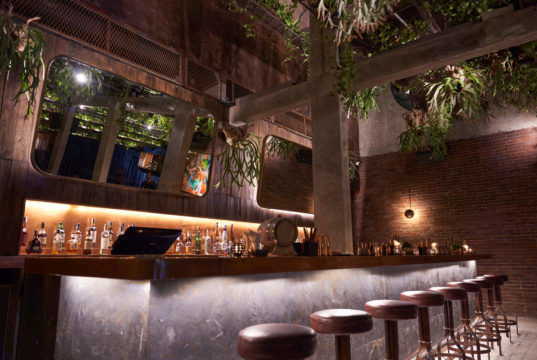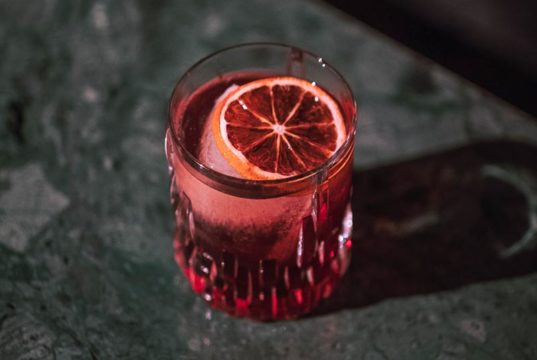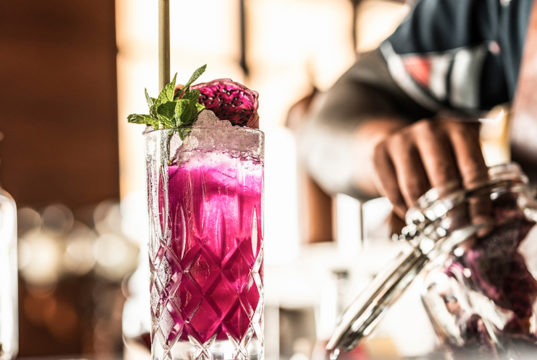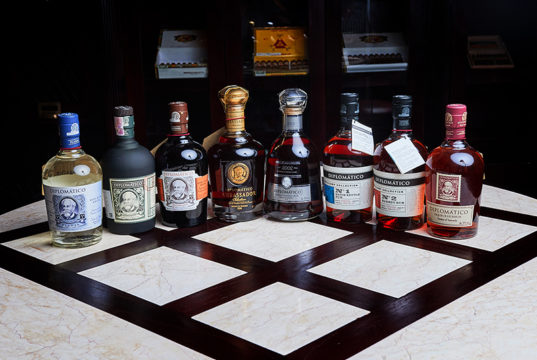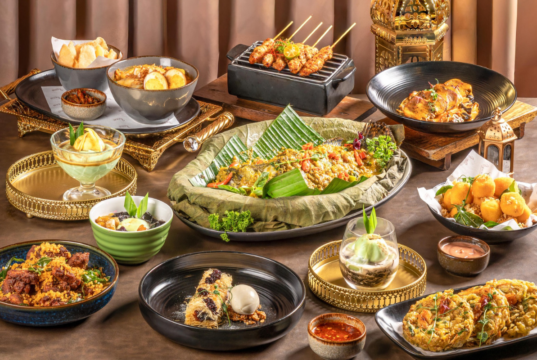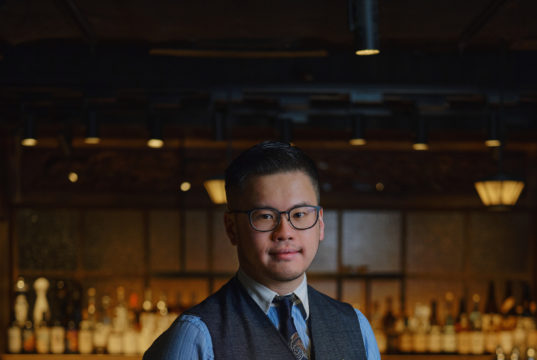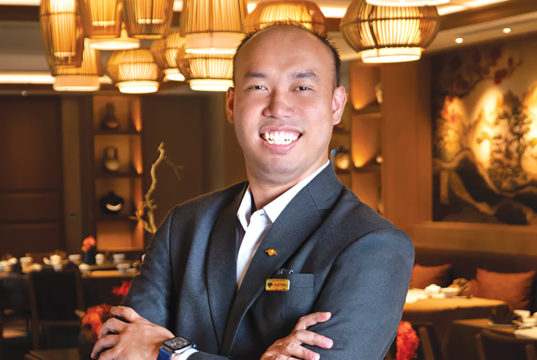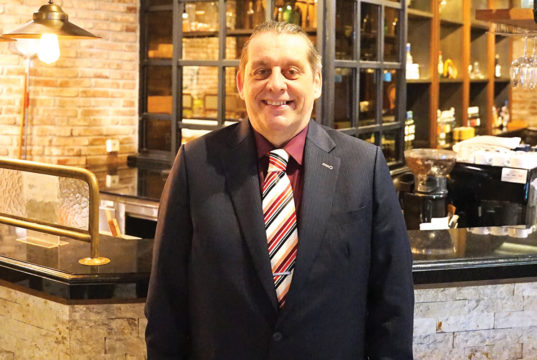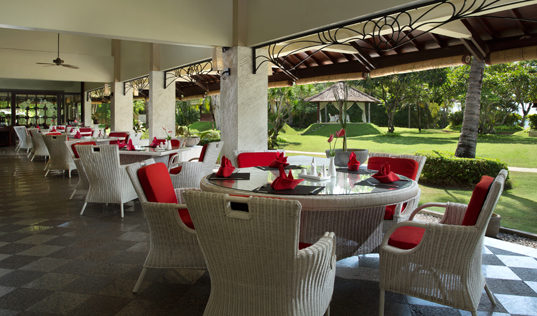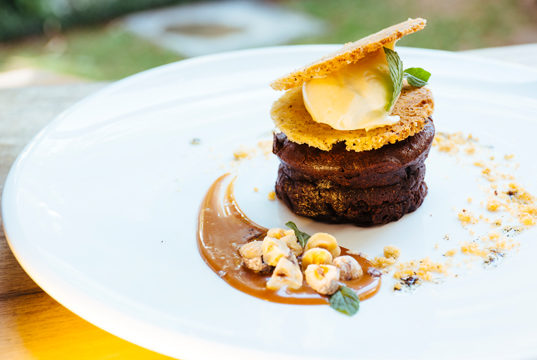For five generations, the Pio Cesare family has been producing fine wines from the Piedmont region in the northwest of Italy. The town of Alba, where Pio Cesare have their cellars is nestled within the surrounding Langhe hills, which create a continental climate, moderated by the nearby Mediterranean sea. Hot summer days and cool nights are perfect conditions to ripen the hanging grapes while chilling winters send the vines to sleep, so that they can recover their vigour for the next season.
Although the town is famous for its surrounding vineyards, you will also find an abundance of gastronomic treats, such as white truffles. Alba also has many hazelnut orchards and is the home of Nutella.
Cesare Pio, an entrepreneur and wine lover, made the decision in 1881 to start creating quality wines for himself, family and friends. He began by buying grapes from growers who he considered to have the best vineyards in the area then fermenting, aging and bottling the wines in his cellar situated in the center of the town of Alba (which is still used today).
Since then the family has acquired over 50 hectares of vineyard, exclusively within the boundaries of the Barolo and Barbaresco denominations. From these vines, and with a supply of grapes from growers who have been working with the family for a number of generations, the winery produces around 40,000 cases a year.
Pio Boffa, the fourth generation of the family, is now at the reins. A passionate and convivial man who has dedicated his professional life to his family’s winery and the region, Pio exudes an intense confidence in his wines. Unapologetically proud of his Piemontese roots, he also has an outward looking vision and a wish to share his love for the good life with the world.
Under the watch of Pio, Pio Cesare wines have been introduced to Southeast Asia, complementing the loyal followers in Europe and America. The range of wines available are impressive in their diversity. Crisp whites of the Arneis and Cortese grapes, earthy Grignolio and fruity Dolcetto wines are there for daily consumption. For the more special occasion there is the masculine Barolo or the feminine Barbaresco.
To truly appreciate these amazing wines you will need a table. On that table must be a meal and around that table must be good company. Once you’re ready, go ahead and pour that glass.
Q: Your family have been growing grapes and making wine for generations now. Did you join the family business by choice or did you feel obliged to do so?
A: Of course I could have done whatever I wanted but I’ve always been fascinated with this wonderful business. Every year is different so I’m never doing exactly the same thing. Wine is a living product. It’s something where you leave a bit of your own character.
Q: What would you say makes the Piedmont region so special for growing wine grapes?
A: The grapes are unique and grow so well here. So, of course, we have unique wines too. The wines here have an aging potential that changes character over time. They go very well with food and they talk to you. They ask you to use your soul as well as your brain.
Q: Can you tell us which vintage is your favorite?
A: Over the past 10 to 15 years we’ve had a series of great vintages. I really enjoyed 1990 and 1992, though 2007 and 2011 are really showing well now too. I’d describe them as being round, classic, fruity and clean.
Q: Do you look to make wines that are instantly pleasing to the palate, or do you try to make wines that will improve with age?
A: I go back to the aging potential of the wines. The grape varieties and Mother Nature do not allow us to make internationally styled wines. We’re obliged to respect the demands of the land and nature, which gives us the unique expressions of the region. Nature decides this, not us.
Q: What are you drinking at the moment at home?
A: I have a variety of wines at home that I love. I love German Rieslings, of course the great burgundies and I’m a fan of big, fruity American wines and Carmenere from Chile. Oh, and of course, I love Champagne!
Q: You’ve visited Asia a few times. How was your reception and how do you think Pio Cesare is perceived here?
A: We’ve dedicated time and travelled a lot in the region for over 10 years now. We’ve always had a good response and are becoming more known and respected all the time. I’ve noticed that people in the region start with more international styles of wine, then when they know more and feel more confident they move to the more complex Barolos and Barbarescos.
Q: If you weren’t a wine maker, what would you be?
A: I’d grow grapes (laughing).




